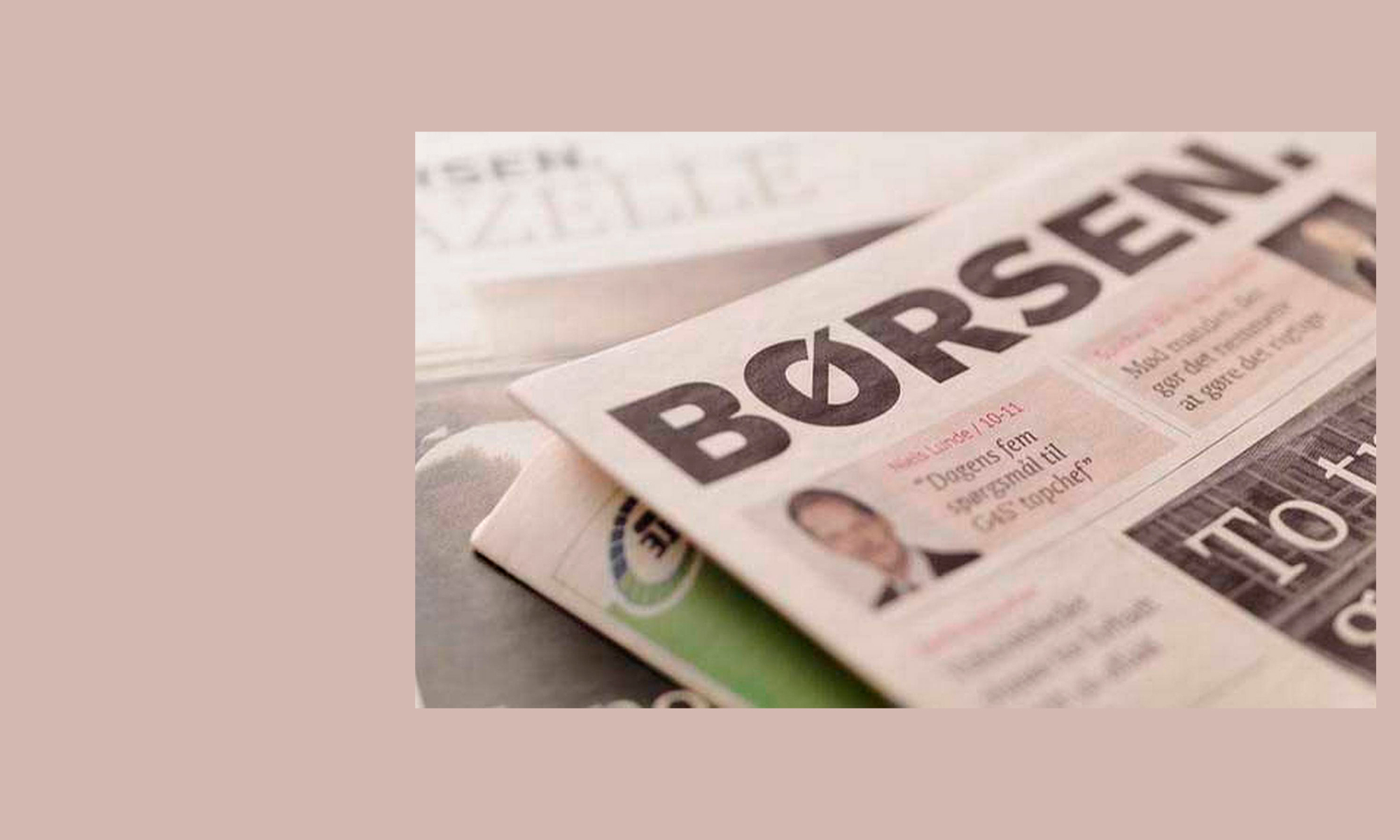Op-Ed in Børsen: Time To Get Transatlantic Cooperation Back On Track
This op-ed was printed in Børsen June 14 and written by Thomas Bustrup, International Director of Danish Industry and Chairman of BusinessEuropes US Network and Stephen Brugger, Executive Director, AmCham Denmark. Read the op-ed in Danish here (subscription only).
U.S. President Joe Biden is on his way across the Atlantic for his first physical meeting in Europe as President of the United States. A large-scale summit is planned in Brussels, which is a welcome opportunity to strengthen the transatlantic relationship in several areas that are also highly relevant for Danish interests.
Denmark is smaller than many American states, but despite our size, we are a key player in the transatlantic economy. Danish companies and their employees take full advantage of the many opportunities in the American market – and vice versa.
American companies have had their eye on Denmark for many years. With a strong tech sector, a booming life science cluster, unique “green” companies that can help the U.S. reach its climate goals, and its highly qualified workers, Denmark is an attractive destination for American investments.
The flow of goods, services and investment between the EU and the U.S. is the biggest lifeline in the global economy. Last year, it amounted to astronomical 7,300 billion DKK, while the EU’s trade with China was, by comparison, “only” DKK 5,000 billion. In addition, a quarter of all foreign investments in the EU come from the U.S., and the EU accounts for a quarter of the foreign investment in the U.S.
At first glance, everything seems to be on track. But even the best relationship should be scrutinized from time to time. At the upcoming summit, EU Commission President Ursula von der Leyen, Council President Charles Michel and President Biden should look each other in the eye and ask: Can we make our relationship better? And the answer must clearly be: Yes we can! Because several key issues need to be addressed if we are to make our relationship and each other even stronger.
First and foremost, President Biden must see to it that the punitive tariffs imposed by former President Trump on European steel and aluminum are removed. Additionally, the EU’s response of adding punitive tariffs on various American goods puts us on a destructive tit-for-tat path. This must stop.
Further, the long-standing conflict over state aid to our respective aircraft manufacturers, Airbus and Boeing, has also triggered punitive tariffs, where we hurt each other. Fix it now!
The corona crisis has demonstrated how dependent we are on a strong digital infrastructure, which has proved to be a necessity for people to work from home. But if we are to reap the full benefits of digitalization, it is essential that Danish companies can leverage new digital solutions from the U.S. such as cloud services. Last year, the European Court of Justice overturned the EU’s previous agreement with the U.S. on the transfer of personal data, meaning that personal data can no longer be transferred freely across the Atlantic. The EU and the U.S. must negotiate a sustainable solution as soon as possible, to avoid being left behind by digital development and losing out in global competition.
In addition, EU top executives, along with President Biden must restart business, tourism and student exchange between the U.S. and the EU. Companies need to send employees out to customers. The experience industry is suffering greatly from the lack of tourism, and a large number of students cannot currently secure a visa and may have to give up their dream of studying in the U.S. The EU and Schengen countries have taken the first step by allowing vaccinated people from the U.S. to enter the EU – and it would be obvious for the U.S. to reciprocate.
While we address these challenges in the short term, we must also work to eliminate tariffs on goods in the long term. The customs duties are not actually all that high, however with the massive amount of trade between the EU and U.S., the customs costs add up and make our goods unnecessarily expensive for each other.
Last but not least, the EU and the U.S. must work constructively to shape the global standards for tomorrow’s technologies, including robots, artificial intelligence and autonomous cars. The EU has proposed an EU-US Trade & Technology Council as a platform to work on these important issues – and we sincerely hope that President Biden embraces this unique opportunity.
As international organizations, it is incumbent on us to constantly focus on these important issues. For the past many generations, the transatlantic relationship has been of great mutual benefit to Europe and the United States. Let’s make sure it can also benefit future generations.
